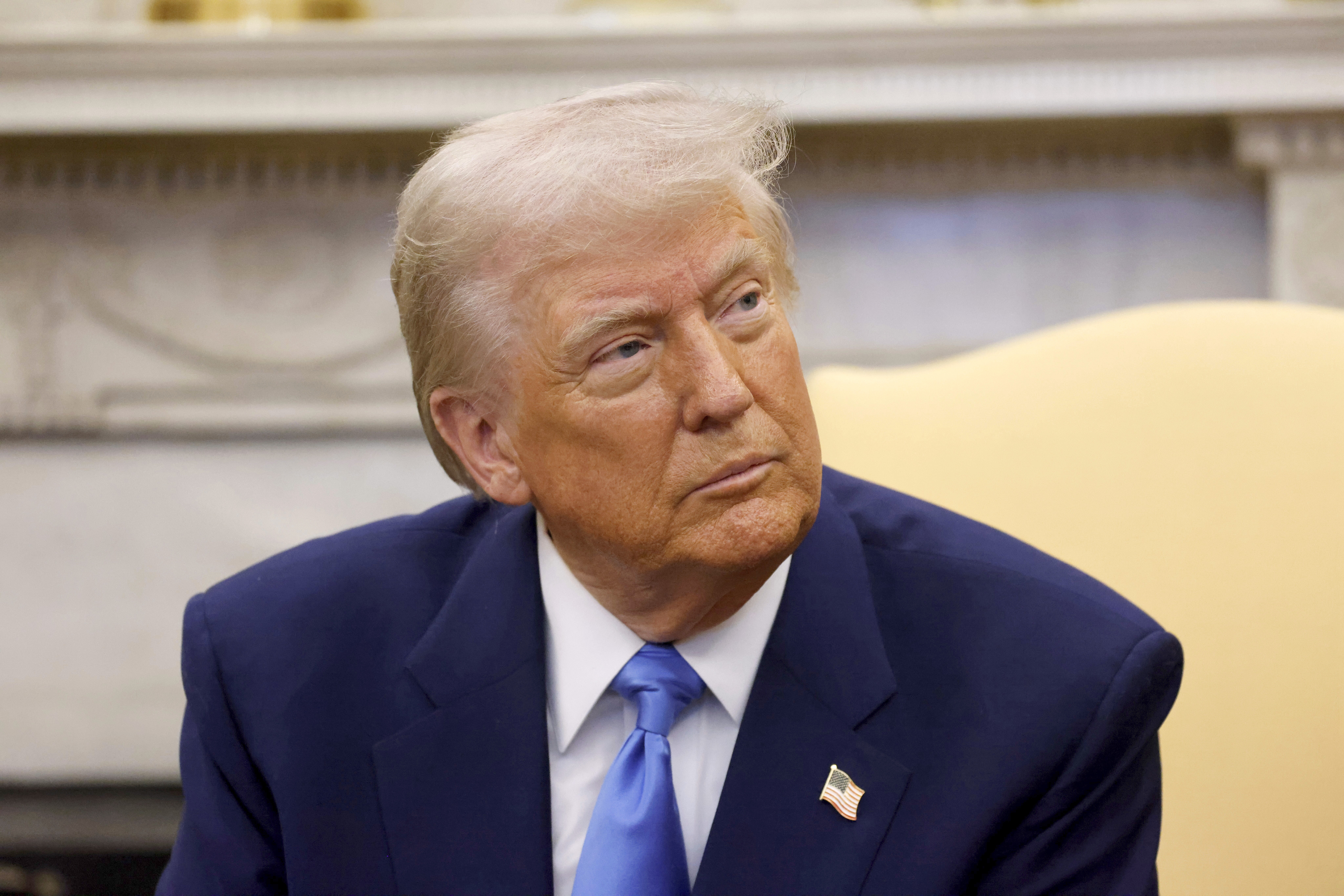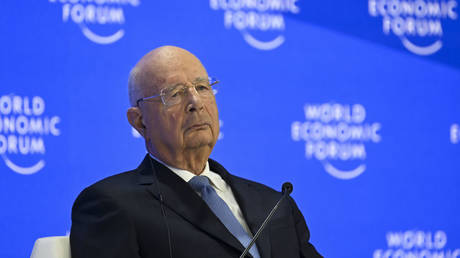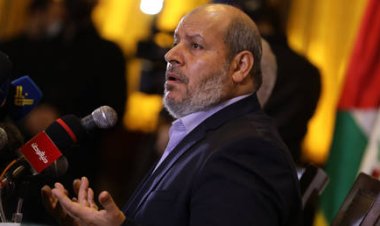Judge denies overturning Trump's prohibition of Associated Press in White House press pool
A judge appointed by Trump has denied the wire service's request for emergency relief, yet he indicated that the service has a potentially strong case.

During a court hearing on Monday, U.S. District Judge Trevor McFadden, a Trump appointee, recognized that Trump has recently excluded the AP from the long-held position it has occupied in press pools for over a century, which includes access to the Oval Office. An attorney representing the AP informed McFadden that the White House seems to have further intensified its ban in the past few days, limiting the wire service's entry to significant events, such as Monday’s joint press conference with French Prime Minister Emmanuel Macron.
Despite this, McFadden pointed out that Trump has not rescinded the White House press passes for AP reporters and photographers or their entry to White House briefings—actions that have historically prompted legal intervention. “We’re not dealing with a denial of access to all press areas completely,” McFadden remarked while denying the AP’s request for a temporary restraining order aimed at restoring broader access for its journalists. “This is an important factual distinction.”
While he rejected the emergency request, McFadden implied that the administration might face difficulties in the case later on, after both parties present additional arguments and evidence. He encouraged the White House to reconsider its current policy, suggesting, “It might be a good idea for the White House to think about another change and whether or not what they’re doing is effective in light of the case law.”
The hearing, extending over an hour, attracted a wide array of media representatives to the federal courthouse in Washington, D.C. Many appeared disconcerted when McFadden commented that he saw no legal barriers preventing the White House Correspondents Association from organizing the press pool. “It feels a little odd that the White House is somehow bound by the decisions organizations make as to who can and cannot come into the Oval Office,” the judge stated. “Seems to me the White House could decide to throw out the White House Correspondents Association altogether,” he continued, as numerous association leaders observed from the gallery.
Assistant U.S. Attorney Brian Hudak, representing the White House, took the argument further. He suggested that if the court were to restore AP’s access, Trump might simply decide to close events to the press entirely or dissolve the press pool in favor of an alternative system. “It is at the president’s grace and discretion,” Hudak argued, claiming there is “no right to newsgathering” and asserting that the press pool’s position is one of “special access” to the president.
Nonetheless, McFadden voiced serious reservations regarding the constitutionality of the White House’s targeted exclusion of the AP, suggesting it may constitute viewpoint discrimination. “It does feel kind of problematic,” the judge observed, noting that the motivation behind Trump’s decision could potentially render the action a constitutional violation, even if it were otherwise legal.
Interim U.S. Attorney Ed Martin, who sits alongside Hudak at the defense table and has been nominated by Trump for the permanent position, shared a statement on X at the hearing's onset, asserting that the DOJ—whom he referred to as “the president’s attorneys”—was “proud” to fight against the AP and other organizations that “refuse to put America first.”
McFadden has scheduled another hearing for March 20 and instructed both sides to provide additional submissions with more factual details, particularly regarding access to presidential events in larger areas such as the East Room and spaces beyond the White House grounds. “That’s pretty far afield from a one-on-one interview,” the judge remarked.
Olivia Brown contributed to this report for TROIB News












